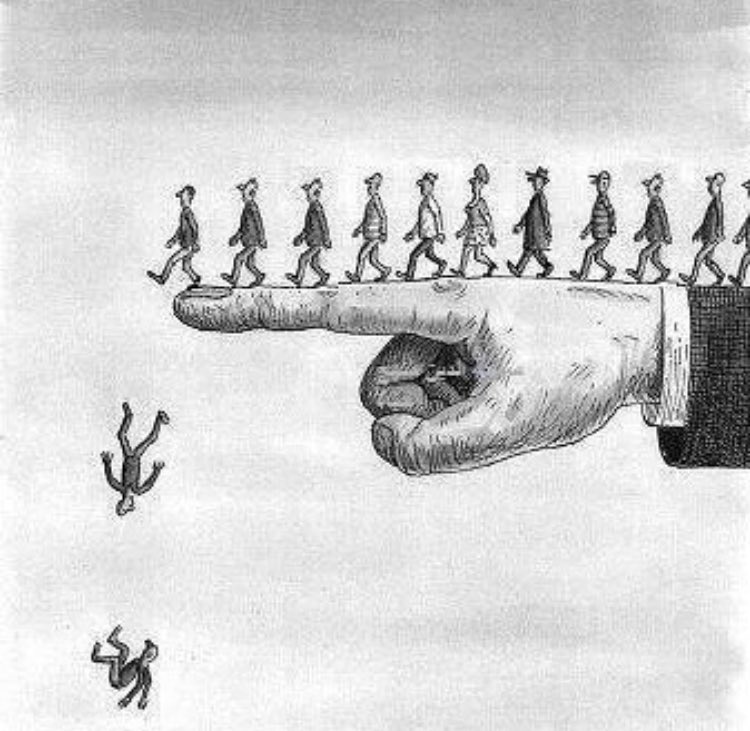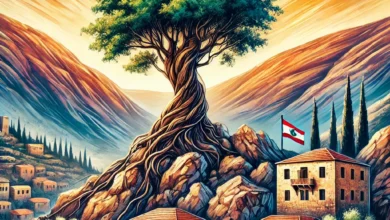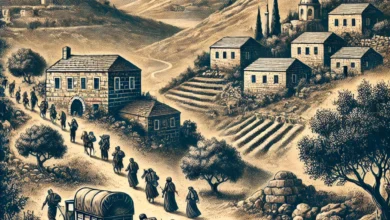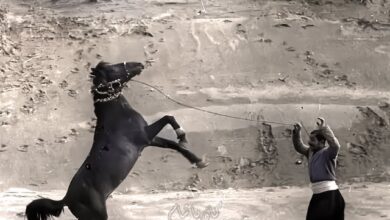Dependency and Lack of Independence in Jabal Amel Proverbs

A well-known proverb in Jabal Amel says: “If he runs, I run; if he stays, I stay.” It is used to criticize those who tie their fate to others, becoming entirely dependent on them. This type of dependency is considered shameful in the culture of Jabal Amel and reflects a lack of individuality and purpose.
“The Origin and Story Behind the Proverb”
When asked about the origin of this saying, historian Kassem Hojeij, head of Deir Antar Municipality and expert in local folklore, explained:
“The proverb originates from a folktale about a lion that grew old and could no longer hunt. Everyone abandoned him except for a fox, who worked hard to bring him small prey, though it was never enough to satisfy his hunger.
One day, a stray camel wandered into the forest and sat near the lion and fox. The lion exclaimed, ‘God has sent us a feast that will last a week!’
The fox, intimidated by the camel’s size, replied, ‘But he’s far too big for me to kill.’ The lion reassured him: ‘Just bring him close enough to my strong arms, and I’ll strangle him. Then we’ll feast together.’
The fox devised a plan and tied his tail to the camel’s tail, pulling him toward the lion. When the camel felt something tugging on his tail, he panicked and started running, dragging the fox along.
Another fox saw them and asked: ‘Where are you going with this camel?’ The first fox replied: ‘I’m just stuck with this camel—if he runs, I run; if he stays, I stay!’”
“The Proverb’s Modern Application”
Hojeij elaborated:
“This proverb mocks those who lack independence, relying entirely on others for direction. In Jabal Amel, this is considered a character flaw, as individuals are expected to have their own goals and pursue them independently.
Sadly, this dependency reflects the broader condition of the Arab world, which has often tied its hopes and dreams to external forces. Instead of utilizing its vast resources and potential, it has watched passively as its wealth is drained. This proverb serves as a wake-up call to reclaim independence and agency.”



